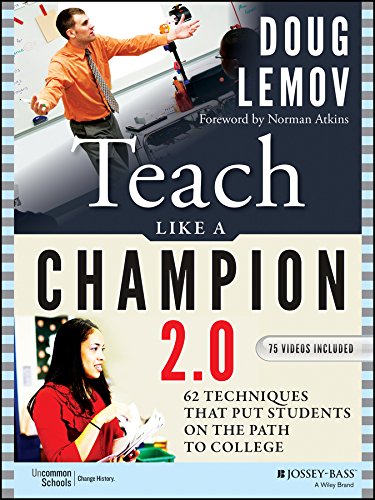How to Think Like Shakespeare
Think you might want to read this book?
How to think like Shakespeare is certainly a unique book. Thoughts about why thinking is important (as opposed to feeling or doing) and what it looks like in different contexts is merged with quotes from Shakespeare, his contemporaries, and Shakesperian scholars. Perspectives on thinking from the lens of craft, location, imitation, attention, technology, and constraint will all support the larger theme that foundational knowledge and deep conversation will always be imperatives to improving thinking. In the end you are likely to both appreciate the complexities of the art of thinking as well as be excited about diving into it more intentionally.
What Would Socrates Ask?
To what degree can learning be enhanced by location?
What if each day of learning was bookended by conversation?
Can one truly learn without application of that new knowledge?
What if all learning was done in the spirit of improving the world?
How well does acting help the process of learning?
How does thinking compare with or complement, “feeling” and “doing” in terms of true learning?
Research
Teachers lose between 60-110 hours of instructional time each year due to standardized testing and the tasks involved to get children ready.
A recent study concluded that the best predictor for making significant collegiate gains in reading, writing, and critical thinking… was completing courses with demanding requirements in reading, writing, and critical thinking.
Concepts
Double translation- translate something and then translate it back to the original
Matthew Effect- those who have, shall receive more and those with less, shall receive less
Quotes from the author
“My conviction is that education must be about thinking- not training a set of specific skills.”
“Education isn’t merely accumulating data:; machines can memorize far more, and far less fallibly, than humans.”
“Faced with existential crises in the environment, human migration, creeping authoritarianism, and the specter of artificial intelligence, a world without a broadly disseminated capacity for thinking is severely exposed.”
“Shakespeare earned his place in our pantheon of minds by staging thought in action. Across his works, terms like “think,” “thinking,” or “thought” outnumber “feel,” “feeling,” or “felt,” by a nearly 10:1 ratio.”
“All intellectual pursuits are more qualitative than any bubble sheet can ever gauge.”
Quotes from others
“The value of an education… is not the learning of many facts but the training of the mind to think something that cannot be learned from textbooks.” - Albert Einstein
“Most people would die sooner than think - in fact they do so.” - Bertrand Russell
“What is the hardest task in the world? To think.” - Ralph Waldo Emerson
“Intellectual ‘work’ is misnamed; it is a pleasure, a dissipation, and is its own highest reward.” - Mark Twain
“... the aim of education is to enable individuals to continue their education.” - John Dewey
“... the really great discoveries have been made by men and women who were driven not by the desire to be useful but merely the desire to satisfy their curiosity.” - Abraham Flexner, medical education reformer
“... originality is nothing but judicious imitation.” - Voltaire
“It is a universal rule of life that we should wish to copy what we approve in others.” - Quintilian
“Conversation is the laboratory and workshop of the student.” - Ralph Waldo Emerson
“You’ve got to look back at the old things and see them in a new light.” - John Coltrane
“The greatest part of a writer’s time is spent in reading, in order to write; a man will turn over half a library to make one book.” - Samuel Johnson
Gateways to further learning
Referenced books with the potential to impact leading and learning in education
The applicability of this book to education is ….
Resources




















